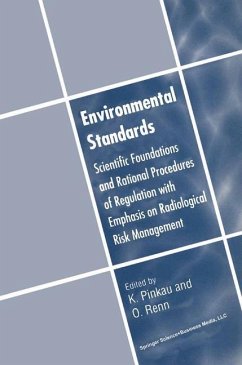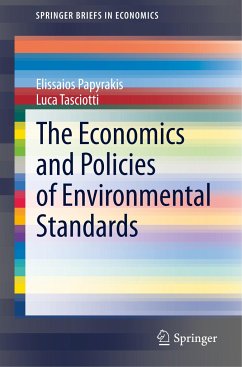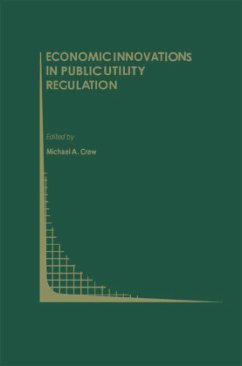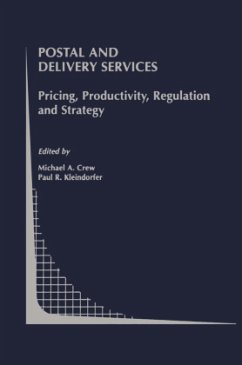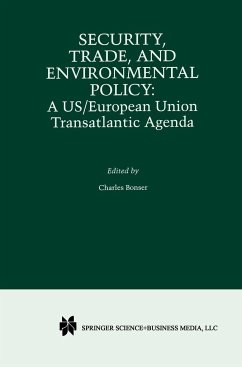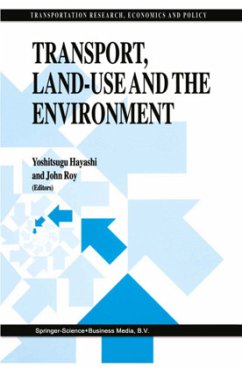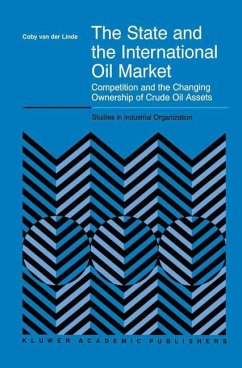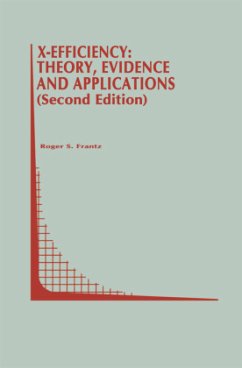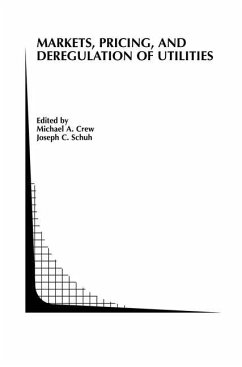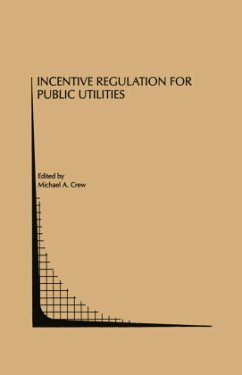
Environmental Standards
Scientific Foundations and Rational Procedures of Regulation with Emphasis on Radiological Risk Management
Herausgegeben: Pinkau, Klaus; Renn, Ortwin
Versandkostenfrei!
Versandfertig in 6-10 Tagen
113,99 €
inkl. MwSt.

PAYBACK Punkte
57 °P sammeln!
It is not uncommon that a group of scientists from many different disciplines join a working group, discuss a topic of interest and edit a volume of articles related to this topic. They may even agree on a jointly written introduction or conclusion . The study group "Environmental Standards" established in 1987 as an expert panel of the German Academy of Sciences and Technology in Berlin broke with that common tradition and became involved in a fascinating, but also pain-staking experiment to compose a document on setting environmental standards that has been literally written and authorized b...
It is not uncommon that a group of scientists from many different disciplines join a working group, discuss a topic of interest and edit a volume of articles related to this topic. They may even agree on a jointly written introduction or conclusion . The study group "Environmental Standards" established in 1987 as an expert panel of the German Academy of Sciences and Technology in Berlin broke with that common tradition and became involved in a fascinating, but also pain-staking experiment to compose a document on setting environmental standards that has been literally written and authorized by all group members. The group consisted of eleven individuals representing the following disciplines: physics, chemistry, biology, engineering , law , psychology, and sociology/economics. The study group had two major goals: First, to provide a document that summarizes the state of the art in each discipline with respect to the topic of environmental standards. Since it is impossible to cover all environmental hazards in one book, the panel members agreed to limit the discussion of the scientific material to one major case study: the effects of ionizing radiation. This topic was selected because the scientific data base is well developed in this area and levels of anthropogenic release can be compared with natural background levels . These two conditions are rarely met by most chemical hazards.





